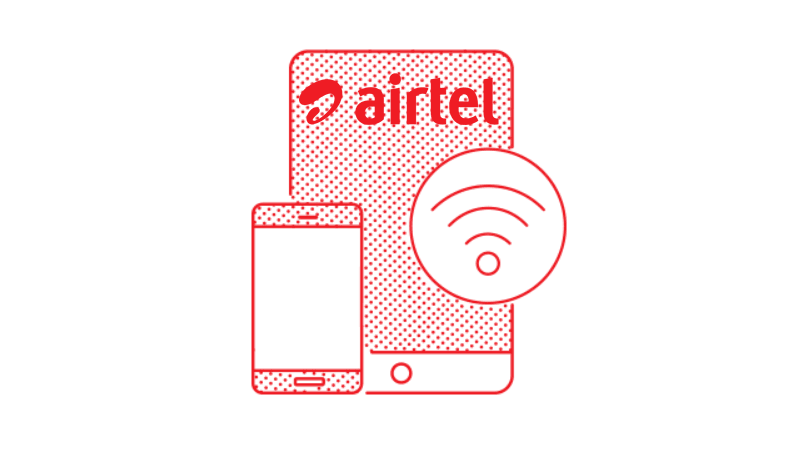Bharti Airtel Writes-Off Bad Debt and Unrecovered Receivables It is also crucial to keep in mind that before Vodafone Idea merged its operations to form the biggest telecom operator of the country, the Sunil Bharti Mittal led telco was leading the market for 17 years. Also, the entry of Reliance Jio Infocomm into the market had pushed the position of Bharti Airtel down to the third number. The executive said, “The impression that Airtel lost RMS in the March quarter is incorrect, as the phenomenon was triggered by one-time write-offs, and this anomaly should get corrected in the next quarter (June) itself,” he added, “Airtel is on course to regain its No. 2 spot on RMS in the next quarter (ending June).” However, there has been another opinion of the analysts which says that ARPU growth might hit a wall if Airtel does not add more subscribers and raises rates. Bharti Airtel’s RMS had fallen to 27.3% in the January-March quarter causing it to stand behind both, Vodafone Idea and Reliance Jio on three important parameters of RMS, AGR (Adjusted Growth Revenue) and subscribers. Decline of RMS and AGR in Jan-Mar Quarter Because of Bad Debt The decline in AGR and RMS were owing to the write-offs of bad debt and postpaid receivables, which had been pending from several years, the executive said. The bad debts, as per the official, were related to the unrecovered receivables from telcos which had exited the market during the consolidation wave in the telecom industry. Airtel declined to reveal the quantum of bad debts. As per the executive, both the operating income (EBITDA) and revenue from local services have shown a rise in the March-quarter report thus signalling that the underlying revenue market share has only witnessed an increase if the one-time adjustments or the debt write-offs are not considered. Rajiv Sharma, co-head of research at SBICap Securities said, “Since average monthly data allowance levels in the sector are as high as 30-45 GB per user, and average monthly consumption is merely 10-12 GB per user, there is a strong possibility of customers switching to lower-value bundled packs without compromising on their data needs in case of a tariff hike, which, in turn, would have a negligible revenue upside for the telco.” It is worth noting that all the telecom operator will stop generating IUC revenue after January when these charges will be scrapped. As per the industry estimates, this will mean that Airtel will lose out on IUC revenue of Rs 200-250 crore – or about Rs 1,000 crore a year.
